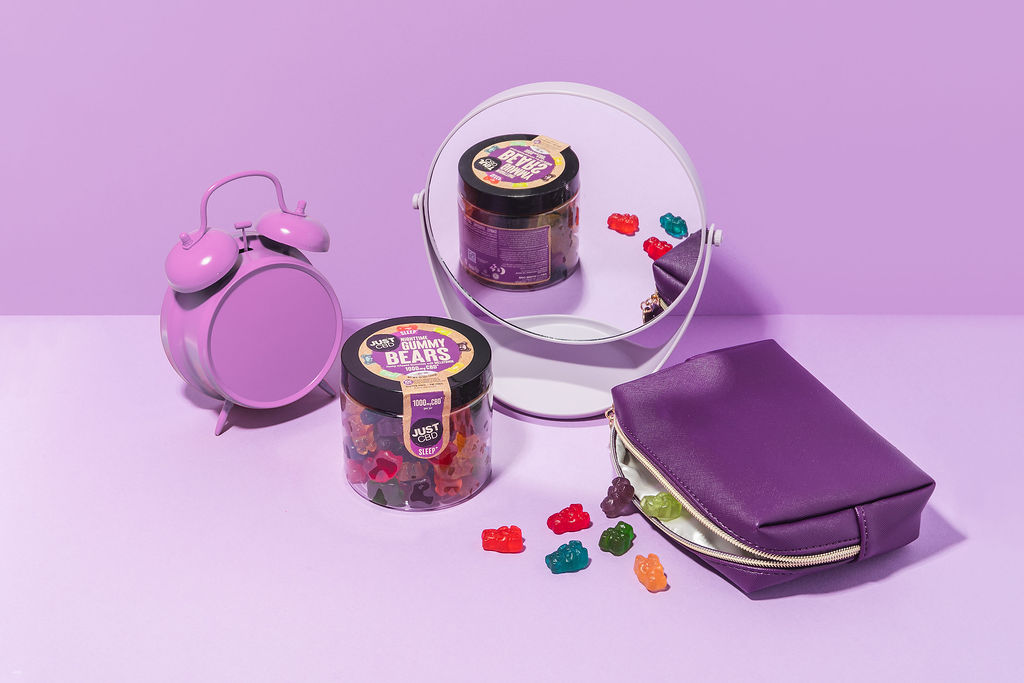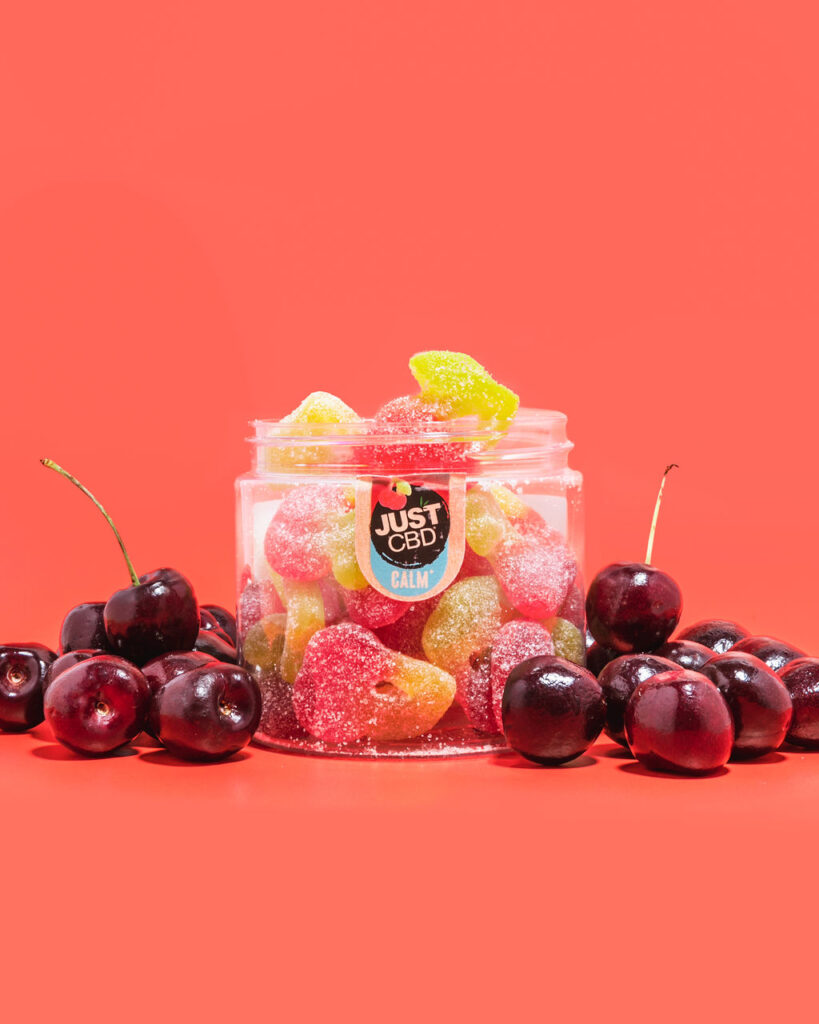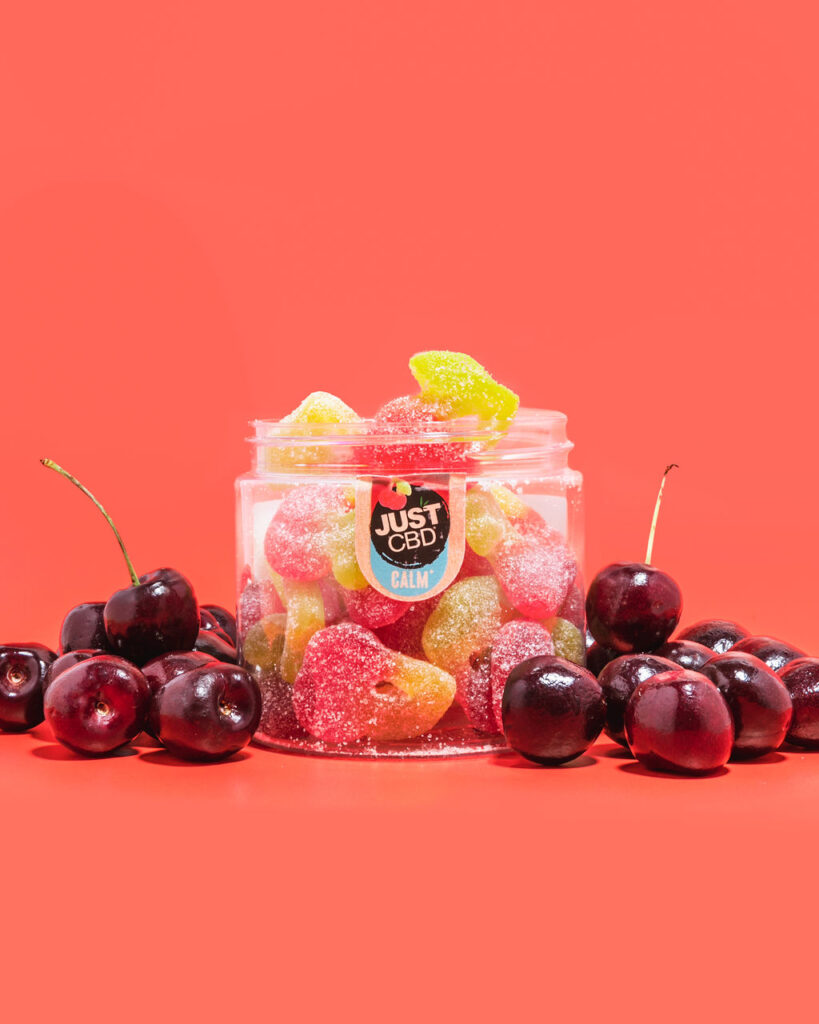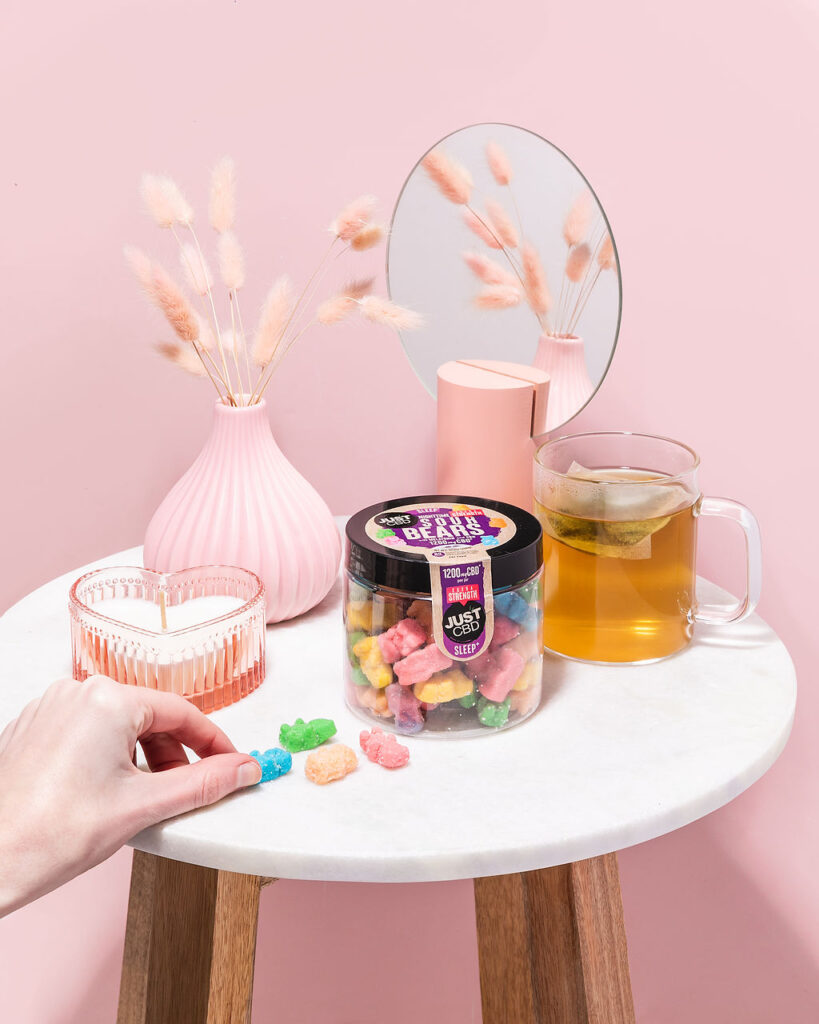The impact of THC (tetrahydrocannabinol), the psychoactive compound in cannabis, on mental health has been a subject of ongoing debate. With the increasing availability and acceptance of cannabis products, it’s important to separate fact from fiction regarding how THC can affect mental health. While many people use THC for its reported therapeutic benefits, others remain concerned about its potential negative effects, particularly on the brain. In this article, we’ll explore the myths and realities of how THC impacts mental health.
What is THC?
THC is the primary psychoactive component of cannabis. It is responsible for the “high” feeling that users experience when consuming cannabis. THC interacts with the brain’s endocannabinoid system, which helps regulate mood, memory, and stress response. When THC binds to receptors in the brain, it alters the release of neurotransmitters, resulting in various mental and physical effects.
The Myths of THC and Mental Health
There are several myths about the effects of THC on mental health, often stemming from misunderstandings or sensationalised media coverage. Below, we’ll address some common myths and separate them from the facts.
Myth 1: THC Causes Permanent Brain Damage
One of the most common myths surrounding THC is that it causes permanent damage to the brain. While heavy, chronic cannabis use during adolescence can negatively affect cognitive function and memory, research indicates that these effects are not always permanent. A study published in JAMA Psychiatry found that cognitive deficits from cannabis use may be reversible after prolonged abstinence, particularly if use begins after adolescence.
However, it’s important to note that heavy, long-term use can still pose risks to mental health, including increased vulnerability to anxiety, depression, and psychosis, particularly in those with a predisposition to these conditions.
Myth 2: THC Causes Immediate and Severe Anxiety or Paranoia in Everyone
While it’s true that THC can trigger feelings of anxiety or paranoia, not everyone experiences these side effects. For some people, THC can have the opposite effect, promoting relaxation and stress relief. The effects of THC vary depending on factors such as dosage, the individual’s tolerance, the strain of cannabis, and their mental health history.
Low doses of THC are generally less likely to cause anxiety or paranoia, while higher doses, especially in individuals who are sensitive to THC or have a history of mental health conditions like anxiety or schizophrenia, may increase the risk of these side effects.
Myth 3: THC is the Same for Everyone
Not all THC products are created equal. The effects of THC vary widely based on the strain of cannabis, the ratio of THC to CBD (cannabidiol), and the method of consumption. For example, THC-rich strains of cannabis tend to be more psychoactive and may cause more intense effects, while strains with a higher CBD-to-THC ratio may be less intoxicating and even have anxiolytic (anxiety-reducing) properties.
Moreover, the way THC is consumed—whether smoked, vaped, or ingested in an edible form—also affects its impact. Edibles, for instance, are metabolised differently in the body and can produce a stronger, longer-lasting effect than inhalation.
Myth 4: THC Can Be Used as a Cure for Mental Health Disorders
While there is growing evidence supporting the potential therapeutic uses of THC, such as for reducing symptoms of pain or nausea, the idea that THC is a cure for mental health conditions like depression, anxiety, or PTSD is misleading. THC may help alleviate symptoms temporarily, but it is not a substitute for professional mental health treatment.
In fact, using THC to self-medicate for mental health issues can sometimes make symptoms worse over time, especially if used in excess. Chronic use can also increase the risk of developing mental health disorders, such as cannabis-induced psychosis, in vulnerable individuals.
The Realities of THC and Mental Health
Now that we’ve debunked some of the myths surrounding THC and mental health, let’s explore the reality of how THC impacts mental well-being.
THC and Anxiety
The relationship between THC and anxiety is complex. Some users report that THC helps alleviate anxiety and stress, while others experience heightened anxiety or paranoia. The effect of THC on anxiety depends on the dose, strain, and individual response.
Low doses of THC have been shown to have anxiolytic effects, reducing stress and promoting a sense of relaxation. On the other hand, higher doses, especially of potent strains with high THC content, can cause an increase in anxiety and even paranoia. For individuals with pre-existing anxiety disorders, THC may exacerbate symptoms.
Interestingly, CBD, another cannabinoid found in cannabis, may counteract some of the anxiety-inducing effects of THC. Products that combine THC and CBD in a balanced ratio are becoming increasingly popular as they may provide therapeutic benefits while reducing the likelihood of anxiety.
THC and Depression
Research on THC’s impact on depression is mixed. Some users report that THC helps improve mood, increases feelings of euphoria, and promotes relaxation, which can temporarily alleviate depressive symptoms. However, chronic use of THC, especially in high doses, may lead to an increase in depressive symptoms, especially if it disrupts regular sleep patterns, motivation, or cognitive function.
There is evidence to suggest that heavy, long-term cannabis use can contribute to a condition known as cannabis-induced depression. This is particularly true in individuals with a family history of depression or those who use cannabis to self-medicate. If you are experiencing depression, it’s important to consult with a healthcare provider to determine the best course of treatment rather than relying solely on cannabis.
THC and Psychosis
Perhaps the most concerning aspect of THC use is its potential to trigger psychosis, particularly in individuals with a genetic predisposition to schizophrenia or other psychotic disorders. High doses of THC can lead to temporary psychosis, characterised by symptoms such as delusions, hallucinations, and disorganised thinking.
For individuals who are at risk of developing schizophrenia or have a family history of the disorder, heavy THC use can increase the likelihood of triggering psychotic episodes. In fact, studies have shown that heavy cannabis use, particularly during adolescence, can increase the risk of developing psychosis later in life.
THC and Sleep
Many individuals use THC to help with sleep, and it has been shown to have sedative effects that can promote relaxation and reduce the time it takes to fall asleep. THC may also increase slow-wave sleep (the deepest stage of sleep), which is essential for restorative rest.
However, using THC as a sleep aid can come with drawbacks. Chronic use can lead to tolerance, meaning users may need increasingly higher doses to achieve the same sedative effects. Additionally, THC can disrupt REM sleep, which is important for memory consolidation and cognitive function. As a result, while THC can help some individuals fall asleep, it is not a long-term solution for improving sleep quality.
Conclusion
The impact of THC on mental health is complex and varies from person to person. While it may offer temporary relief from conditions such as anxiety, stress, and sleep disorders, it’s important to recognise that excessive use can lead to negative side effects, including exacerbation of mental health issues or even the development of new disorders.
Rather than viewing THC as a cure-all for mental health, it’s essential to use it responsibly and in conjunction with professional mental health care. If you are considering using THC for mental health purposes, it is advisable to consult with a healthcare provider to ensure it aligns with your needs and does not interfere with any other treatments.
By understanding both the potential benefits and risks of THC, you can make informed decisions about how it fits into your overall approach to mental health. Always remember, moderation and informed choices are key when it comes to cannabis use.
Personal Review of THC Products from Just Delta
If you’re on the lookout for a way to unwind and experience the full benefits of THC, I’ve been diving into Just Delta’s offerings, and I have to say, they’ve got some impressive products that have definitely made their way into my regular rotation. As a fan of THC, I always look for quality, flavour, and overall experience, and Just Delta definitely delivers. Here’s my personal take on some of their standout products.
Haze Pre-Roll – Blueberry Muffin 3.5g
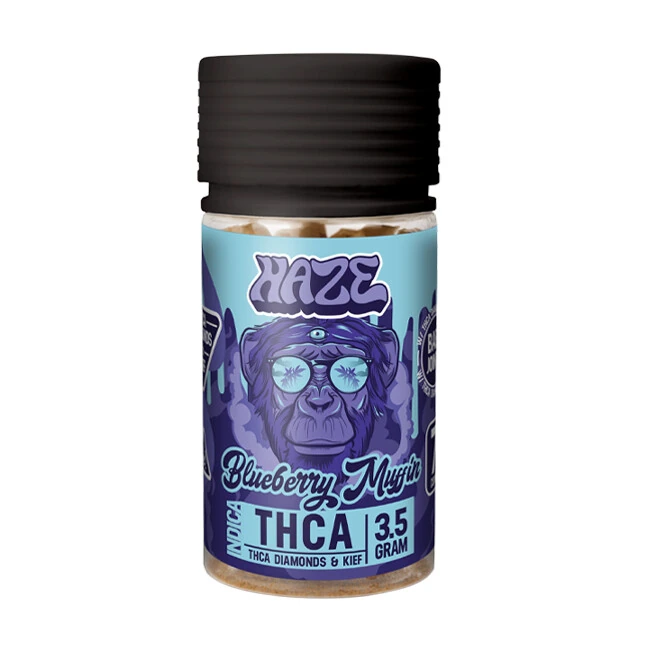
Buy Now Haze Pre-Roll – Blueberry Muffin 3.5g
Let me start with the Haze Pre-Roll Blueberry Muffin – and wow, what a flavour! From the moment I cracked open the pack, the scent of sweet blueberry immediately hit me, which I wasn’t expecting, and it smelled just like a freshly baked muffin. The pre-roll itself was smooth, burning evenly, and the effects were pretty balanced, with a nice mellow buzz that didn’t leave me feeling too couch-locked. Perfect for when I just want to chill but still stay productive.
I really appreciated the convenience of the pre-roll. No grinding, no fuss – just light up and enjoy. It lasted for a good amount of time too. If you’re into sweet flavours with a mellow high, this is a must-try.
Haze Pre-Roll – Cereal Milk 3.5g
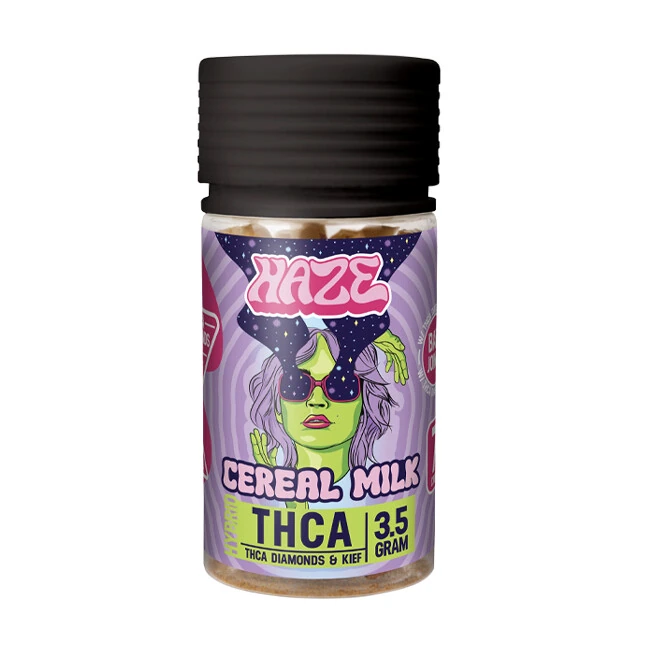
Buy Now Haze Pre-Roll – Cereal Milk 3.5g
Next up, I tried the Haze Pre-Roll Cereal Milk. This one took me straight back to my childhood – the sugary milk leftover after a bowl of cereal. It had a more subtle sweet undertone, but still packed a punch. The high was a little stronger than the Blueberry Muffin, and I felt a good balance of uplifted energy with a slight body relaxation. I love that it didn’t hit too hard, making it perfect for daytime use when I need to clear my head and focus.
I’d recommend this one if you’re looking for something that won’t overwhelm you but still gives a nice, relaxed high.
Haze Pre-Roll – Maui Wowie 3.5g
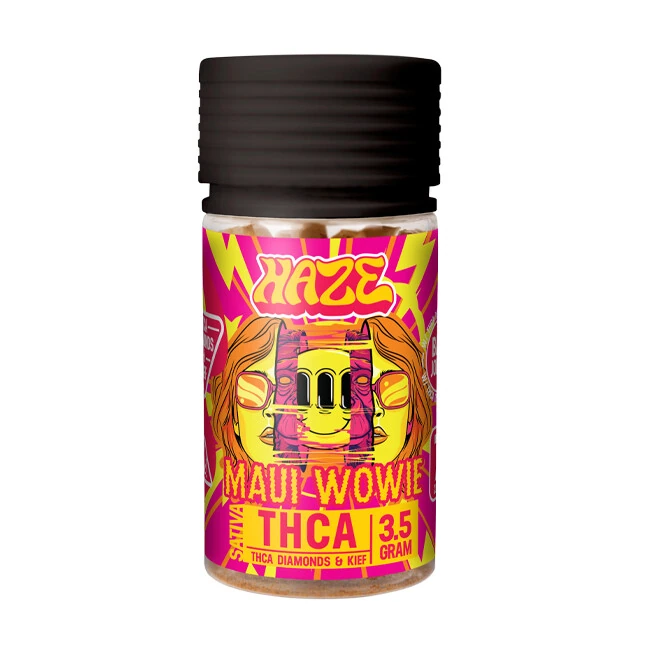
Buy Now Haze Pre-Roll – Maui Wowie 3.5g
Now, let’s talk about the Haze Pre-Roll Maui Wowie. If you’re after something that screams tropical vibes, this one’s for you. The flavour profile of Maui Wowie really came through – a smooth, earthy taste with citrus notes that made me feel like I was sitting on a beach somewhere. The effects were definitely more uplifting than the previous two – I felt energized, talkative, and definitely ready to take on the day.
This one’s great if you’re into a more sativa-dominant high that keeps you alert but still relaxed. I had a fantastic time with this pre-roll and would definitely go back for more.
Meditation Blend Live Resin Disposable Vape – Hawaiian Haze 3 Grams]
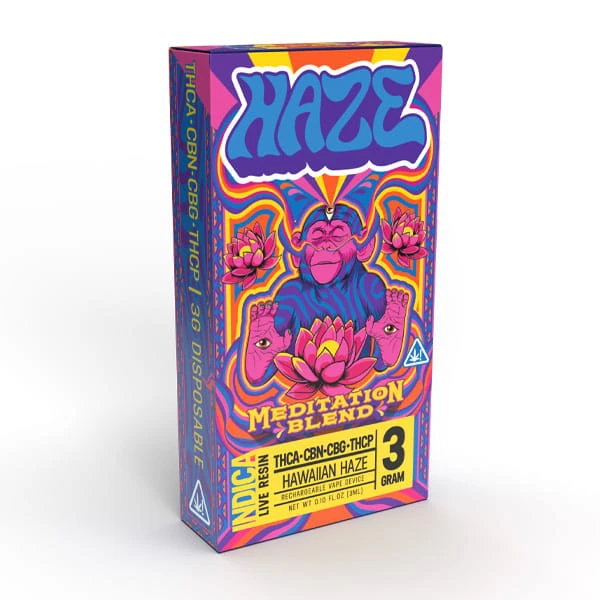
Buy now Meditation Blend Live Resin Disposable Vape – Hawaiian Haze
Moving on to something a little more techy, I gave the Meditation Blend Live Resin Disposable Vape – Hawaiian Haze a go. First off, this vape is sleek and super easy to use. I’ve tried my fair share of disposable vapes, but the live resin in this one really stands out. It’s full of flavour and the Hawaiian Haze strain really delivers that tropical, citrusy taste with a smooth finish. The effects were a nice, calming body high, which is great for unwinding after a long day.
What I really liked about this vape is the convenience. It’s small, discreet, and packs a punch without being too harsh on the throat. If you’re looking for something easy to carry and vape on the go, this is a great option.
Haze Brain Stew Delta 9 Gummies – Hybrid
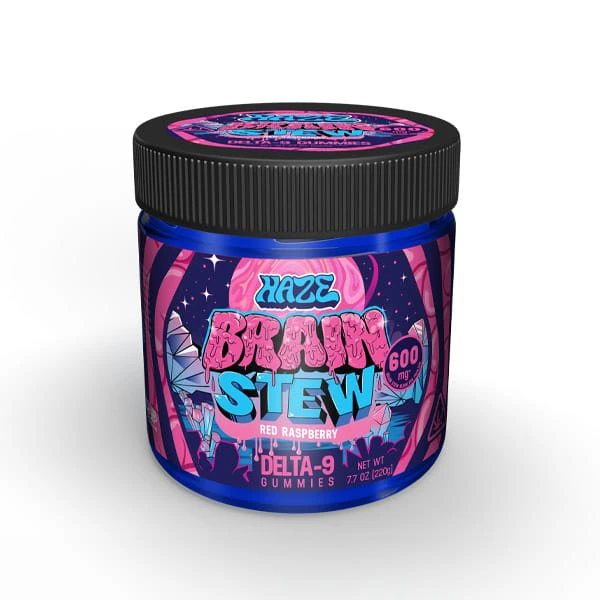
Buy Now Haze Brain Stew Delta 9 Gummie
Finally, let’s dive into Haze Brain Stew Delta 9 Gummies. As someone who loves edibles, I was curious to try these out. They come in a hybrid formulation, which I love because I get the best of both worlds – a bit of a cerebral lift with some body relaxation. These gummies had a sweet, fruity flavour that didn’t taste overly artificial, which I appreciate. The effects were smooth and hit just the right balance between mental clarity and relaxation. I felt calm without feeling sedated.
What I really liked about these gummies is the consistency. I took one gummy and felt the effects within about 30 minutes, and it lasted for a few hours. If you’re a fan of edibles and want something that provides a reliable high, these are definitely worth trying.
Final Thoughts
Overall, I’ve been really impressed with Just Delta’s THC products. Whether you’re looking for something to relax with, boost your creativity, or just unwind at the end of the day, they’ve got a product that fits the bill. Each item I tried had a great flavour profile and provided solid effects. Plus, the convenience of their pre-rolls and vapes makes them perfect for on-the-go.
If I had to pick a favourite, I’d say the Maui Wowie Pre-Roll stands out for me as it’s perfect for daytime use and gives a nice, balanced high. However, if you prefer edibles, the Brain Stew Gummies would definitely be my next pick for a reliable, tasty experience.
If you’re looking to explore these products and see which one fits your needs, I’d definitely recommend giving them a go. You can find all the products I reviewed here:
All in all, I’m excited to keep experimenting with Just Delta’s products and see what else they have to offer!
What is THC and how does it affect mental health?
THC (tetrahydrocannabinol) is the primary psychoactive compound in cannabis. It interacts with the brain’s endocannabinoid system, affecting mood, memory, and cognition. While some people find relief from anxiety or stress, others may experience increased anxiety or paranoia, depending on individual factors.
Does THC help with anxiety and depression?
THC can have mixed effects on anxiety and depression. For some people, low doses of THC can help reduce anxiety and promote relaxation. However, higher doses may trigger heightened anxiety or mood swings in others. It’s important to approach THC cautiously, especially if you have a history of mental health issues.
Can THC cause long-term mental health issues?
There is some evidence that regular use of THC, especially at a young age, can be linked to mental health challenges such as anxiety, depression, and even psychosis in susceptible individuals. However, more research is needed to fully understand the long-term effects of THC on mental health.
Can THC worsen existing mental health conditions?
For individuals with pre-existing mental health conditions, THC can sometimes worsen symptoms, especially in those prone to anxiety or paranoia. People with a history of psychosis, schizophrenia, or mood disorders should approach THC use with caution and consult a healthcare provider.
How does THC impact cognitive function?
Short-term, moderate THC use can affect short-term memory, concentration, and coordination. However, these effects typically subside once the THC wears off. Long-term use, especially in younger individuals whose brains are still developing, may have more lasting effects on cognitive function.
Does THC use lead to addiction or dependence?
While THC is not as addictive as substances like nicotine or alcohol, regular use can lead to dependence in some individuals. Symptoms of THC dependence can include cravings, tolerance, and withdrawal symptoms such as irritability or sleep disturbances.
Is it safe to use THC for sleep problems?
Some people use THC to help with sleep issues, as it can promote relaxation and drowsiness. However, regular use for sleep can disrupt natural sleep cycles and lead to tolerance, meaning you may need higher doses to achieve the same effect. It’s best to consult a doctor before using THC as a sleep aid.
Can THC enhance creativity or focus?
Some people report that THC enhances creativity and focus, especially when used in small, controlled doses. However, for others, THC may impair concentration or lead to a scattered, unfocused state. The effects of THC on creativity and focus vary greatly depending on the individual and the dose.
Is CBD a better alternative for mental health than THC?
CBD (cannabidiol) is another compound found in cannabis that does not have the same psychoactive effects as THC. CBD is commonly used to promote relaxation and manage anxiety without the high associated with THC. For those sensitive to THC, CBD may offer a better alternative for mental health benefits.
How can I determine if THC is right for my mental health?
The best way to determine whether THC is right for you is to start with a low dose and monitor how it affects you. If you have a history of mental health conditions, it’s important to consult a healthcare professional before using THC. They can help guide you in making an informed decision about its potential impact on your mental health.
- How to Choose the Best THC Vape for Your Needs - December 23, 2024
- How ELF THC Impacts Social Experiences and Wellness Trends - December 23, 2024
- Live Resin Disposable Vapes vs. Cartridge Systems: Which Is Right for You? - December 23, 2024

